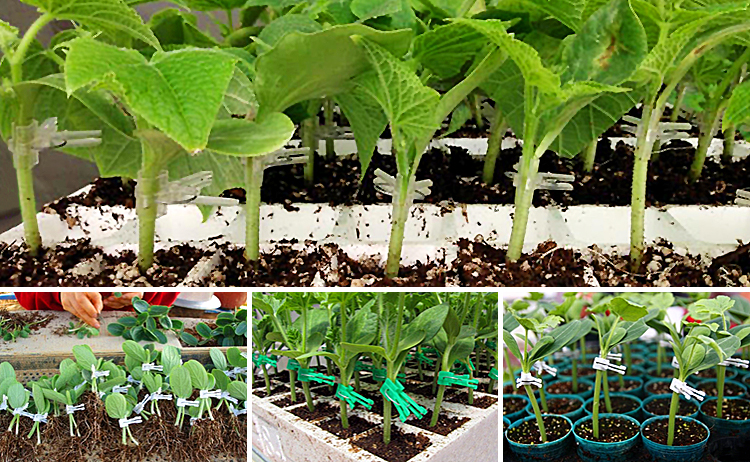Grafting is generally carried out during the dormant period of seedlings, mostly in spring and winter, but spring is the best season. After spring grafting, the temperature gradually rises, which is conducive to healing, and it can germinate and grow after grafting.
1. Grafting in spring: Spring directing is generally best from March 20th to April 10th. At this time, the sap of rootstock and scion has begun to flow, cell division is active, the interface heals quickly, and the survival rate of grafting is high. Tree species that germinate late, such as: black dates grafted with persimmons, walnuts grafted, etc. should be later, and it will be better after April 20, that is, it is most suitable around Grain Rain to Lixia.
2. Grafting in summer: Grafting of evergreen trees is more suitable in summer, such as: emerald cypress, golden cypress, etc., have a higher survival rate in June.
3. Grafting in winter: Both rootstock and scion are in a dormant state in winter, and the metabolic activity of cell tissue is very weak. The key to survival after grafting lies in the quality of the fake plant. The rootstock and scion cannot lose too much water. Grafting in winter is carried out indoors during winter slack; after grafting, it is transferred to a cellar for artificial planting, and field planting in spring. During the transplantation process, because the interface has not yet healed, the interface is touched and the survival is affected. Grafted dormant seedlings can also be maintained in the greenhouse to heal and germinate in advance. The advantage of grafting in winter is that it can be grafted during the dormant period of the trees, regardless of the seasonality of growth, and the time is calm, and it can be carried out throughout the winter. It can make full use of winter slack for production and improve production efficiency.
Post time: Oct-07-2023






